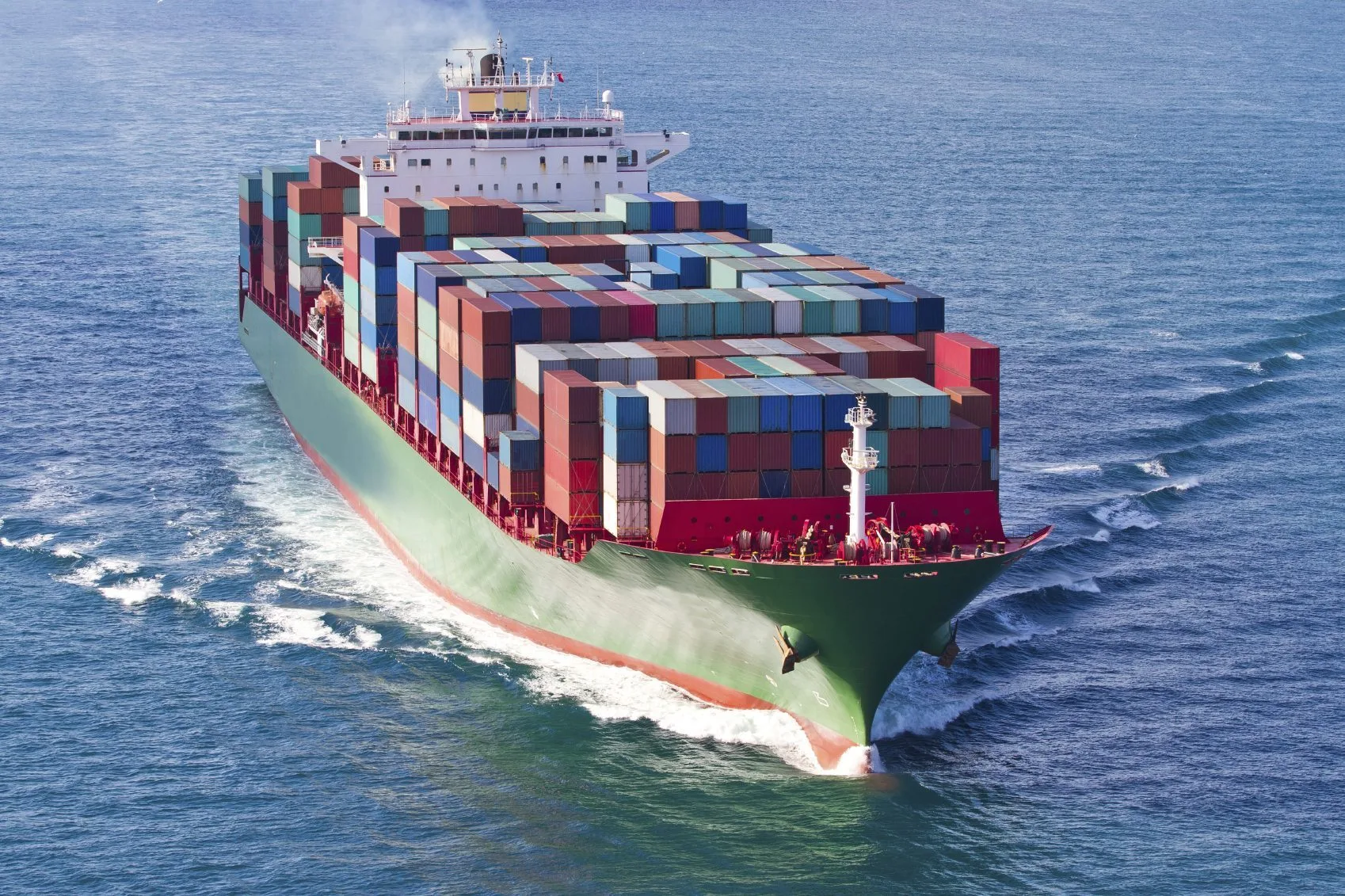Brussels – Europe is moving to find new, less polluting fuels to satisfy the needs of the maritime transport industry, but Italy is standing idle with no plans. Transport & Environment (T&E), an independent environmental organization that studies transportation, released today (June 4) a report analyzing the situation of e-fuels throughout the European Union, showing that green fuels could power about 4% of European shipping in 2030 if all active projects were operational. It would be a resounding achievement because it exceeds expectations, but strong doubts remain on the part of both manufacturers and shipping companies.
According to estimates, about 2.5 percent of greenhouse gas emissions come from maritime trade, a percentage that is bound to rise over the years without less polluting fuels. Spain and Denmark lead the way in research in this area, with Denmark investing heavily in hydrogen to seek less polluting fuels. Research for new fuels is focusing particularly on both hydrogen and ammonia derivatives. Specifically, synthetic ammonia appears to have great potential to decarbonize the maritime sector.
The solution to having alternative fuels remains complex, with no immediate solution. In total, as reported by Transport & Environment, there are 61 active projects across the European Union, of which only 17 are specific to the maritime sector. Currently, however, only six programs seem to have already been funded and ready for production. T&E estimates that if all active projects arrived on time, it would be easy to meet the target introduced by FuelEU Maritime, the EU Regulation that sets 2 percent as the minimum share of green fuels to be used in the sector by 2034. Italy, for its part, has no plans in the field and thus risks being left out of this new strategic industry.
This impasse was also identified by Carlo Tritto, T&E Policy Officer: “On the one hand, fuel producers are waiting for clearer demand signals from ship operators before making major investments, while shipowners are waiting for these fuels to become more widespread and economical before signing supply agreements.” To break out of this deadlock, Tritto continues, the EU should intervene directly “by setting minimum targets on both the supply and demand side, thus providing investment certainty to both fuel producers and shipping companies.”
English version by the Translation Service of Withub


![Un campo coltivato [foto: imagoeconomica]](https://www.eunews.it/wp-content/uploads/2025/04/campo-coltivato-120x86.png)
![[foto: Wikimedia Commons]](https://www.eunews.it/wp-content/uploads/2025/04/alzheimer-120x86.png)